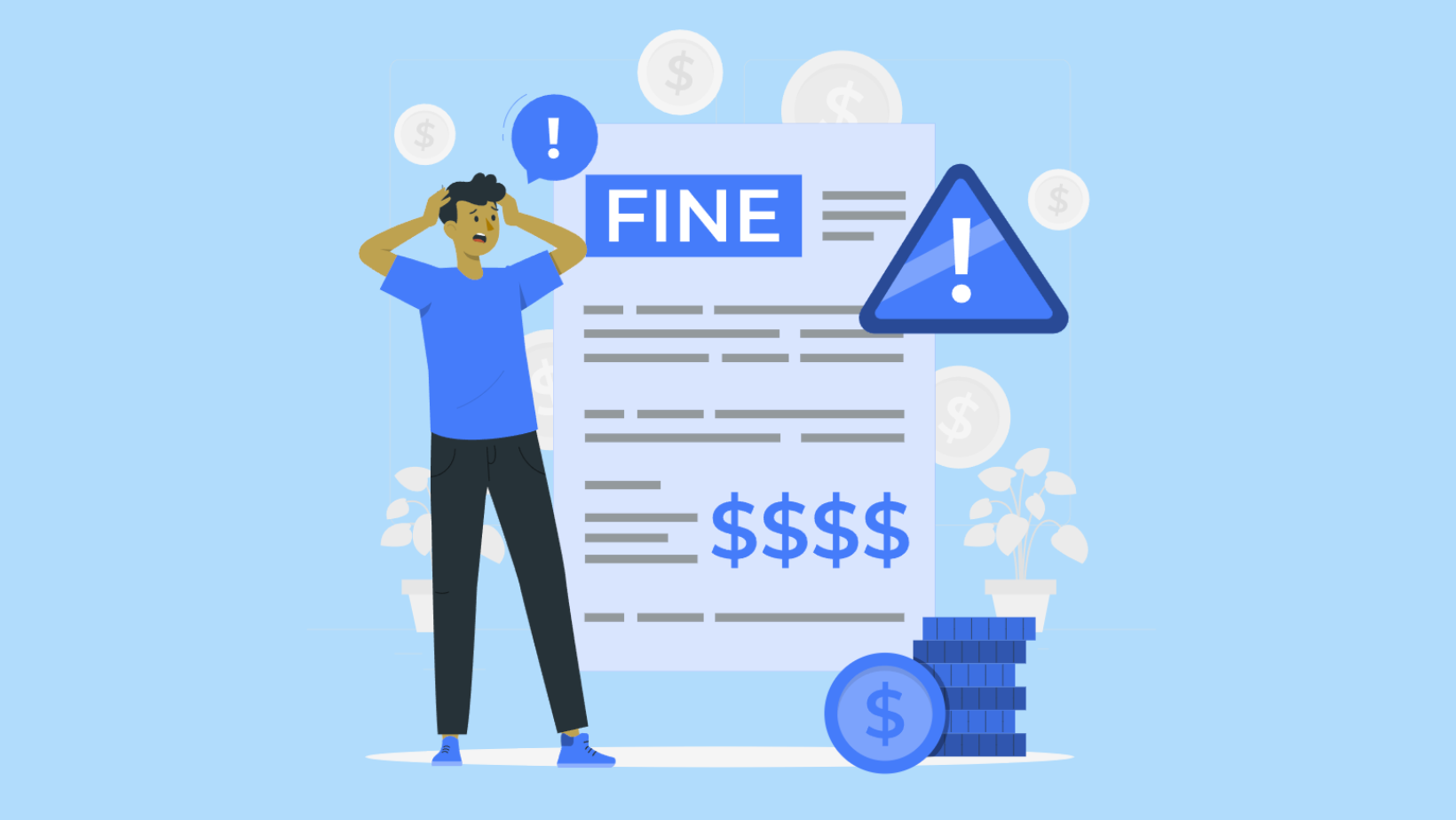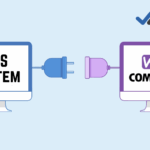
Saudi Arabia has significantly advanced its tax system, implementing strict rules for Value Added Tax (VAT) and e-invoicing to ensure a streamlined, transparent process for businesses. The introduction of these regulations aims to increase compliance, improve tax collection, and reduce fraud. However, businesses failing to comply with these regulations face severe penalties. This article highlights the key penalties for VAT and e-invoicing violations in Saudi Arabia, including escalating penalties for repeat offenses.
VAT Violations and Penalties
Value Added Tax (VAT) in Saudi Arabia was introduced in 2018, and it has become an essential part of the Kingdom’s tax framework. The tax rate is set at 15%, and businesses are required to comply with VAT registration, filing, and payment obligations. Failure to comply may result in significant penalties.
Common VAT Violations and Their Penalties:
- Failure to Register for VAT: If a business fails to register for VAT despite meeting the threshold, a penalty of up to 10,000 SAR can be imposed.
- Failure to Issue VAT Invoices: Businesses must issue VAT-compliant invoices. Failure to do so can lead to a fine of up to 5,000 SAR for each non-compliant invoice.
- Late VAT Returns or Payments: A penalty of 1% of the unpaid VAT amount per month applies if VAT returns are not filed on time or VAT payments are delayed. The penalty is capped at 25% of the total due amount.
- Incorrect VAT Filing: Incorrect information on VAT returns, such as inflating expenses or understating sales, can result in a fine ranging from 2,000 SAR to 50,000 SAR, depending on the severity of the violation.
E-Invoicing Violations and Penalties
E-invoicing has become mandatory in Saudi Arabia since December 2021. The e-invoicing system aims to eliminate paper-based invoicing and ensure all businesses are fully integrated into the digital tax system. Failure to comply with e-invoicing regulations can lead to severe penalties, with escalating fines for repeat violations.
Common E-Invoicing Violations and Their Penalties:
- Failure to Implement E-Invoicing: If a business does not comply with the e-invoicing requirement by not adopting the appropriate system, they can face fines ranging from 5,000 SAR to 100,000 SAR.
- Non-Compliance with Technical Specifications: The e-invoicing system requires businesses to follow specific technical specifications, including proper data storage and transmission. Failure to comply with these technical requirements can result in fines up to 50,000 SAR.
- Failure to Generate e-Invoices or Credit Notes: If a business issues paper invoices or fails to generate credit notes electronically, it can be penalized with fines ranging from 10,000 SAR to 50,000 SAR per occurrence.
- Failure to Integrate with ZATCA: Businesses must integrate their invoicing system with the Zakat, Tax, and Customs Authority (ZATCA) platform for reporting. Non-compliance with this integration can lead to penalties ranging from 20,000 SAR to 100,000 SAR, depending on the severity of the violation.
Escalating Penalties for Repeated Violations:
- First-time violation: Notice issued to the business.
- Second-time violation: Fine of SAR 1,000.
- Third-time violation: Fine of SAR 5,000.
- Fourth-time violation: Fine of SAR 10,000.
These incremental penalties emphasize the importance of addressing non-compliance promptly to avoid heavier financial repercussions.
Importance of Compliance
The penalties for VAT and e-invoicing violations highlight the importance of compliance with the Kingdom’s tax regulations. Businesses need to ensure that they are not only familiar with the rules but also equipped with the proper systems to avoid fines and other repercussions. Investing in reliable accounting software or e-invoicing solutions can help businesses stay compliant and avoid penalties.
Conclusion
In Saudi Arabia, VAT and e-invoicing regulations are essential for businesses to maintain transparency and fairness in the tax system. With penalties ranging from warnings for first-time violations to significant fines for repeat offenses, non-compliance can be costly. It is imperative for businesses to stay up to date with these regulations and ensure they meet all the necessary requirements to avoid penalties. For businesses seeking assistance, partnering with a professional tax and compliance service provider can help navigate these complex regulations and maintain smooth operations.





